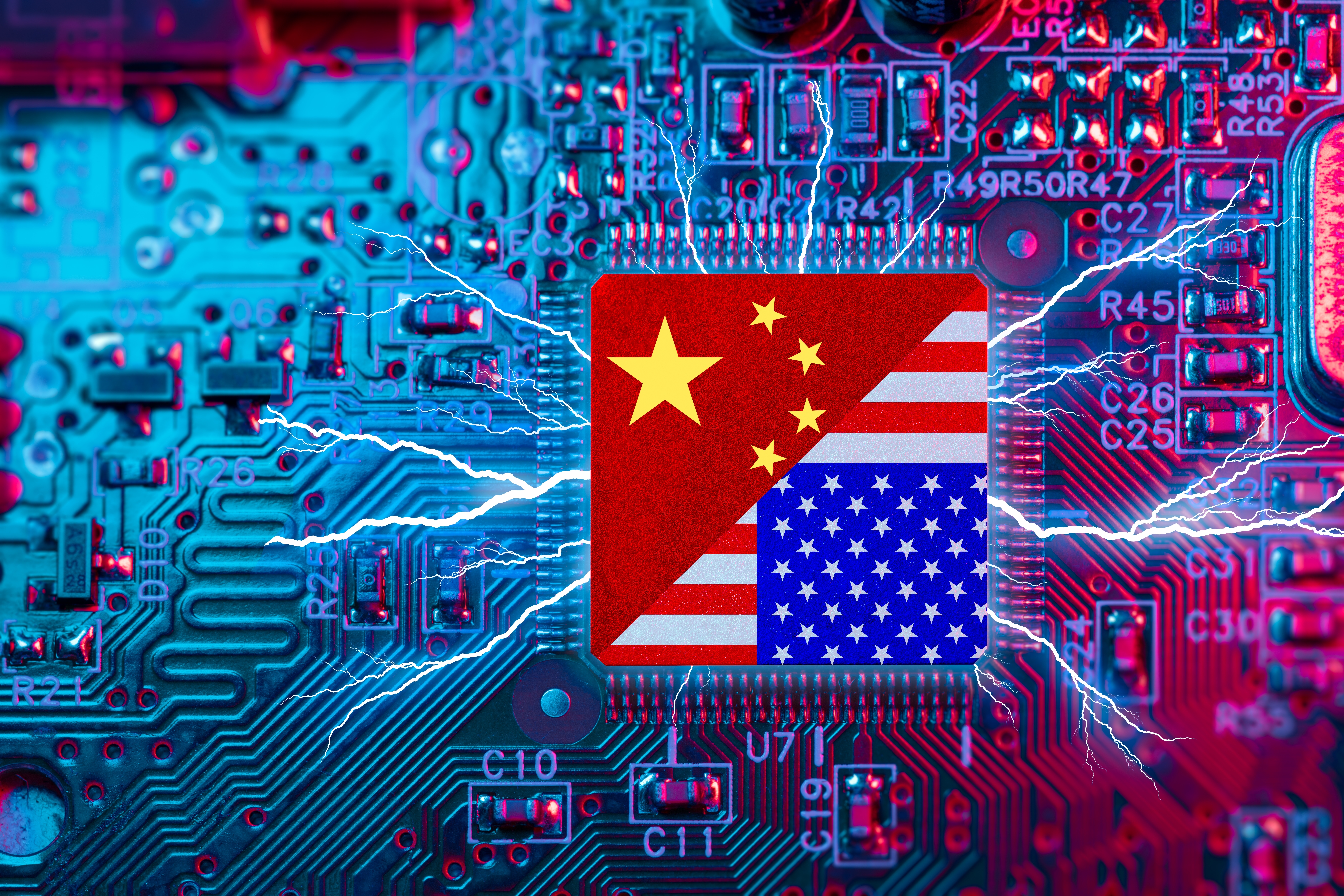
Posted May 23, 2023
By Ray Blanco
Winning The Semiconductor Cold War
On Sunday, China made the curious (and worrying) move of banning memory chips made by American company, Micron (NASDAQ: MU) from use in the country’s infrastructure projects.
The Cyberspace Administration of China (CAC) cited “national security” concerns, saying…
"The review found that Micron's products have serious network security risks, which pose significant security risks to China's critical information infrastructure supply chain, affecting China's national security."
No details were provided about where the CAC’s concerns came from.
Some see this as the latest move in the ongoing cold war over microprocessors in which the United States and China are engaged.
Over the last several years, both the Trump and Biden administrations have attempted to cut China off from the technology required to advance their military and extreme surveillance arsenals through microprocessors.
Most notably, the Biden administration’s limitations on major US chip makers from selling their most powerful chips to China.
Additionally, billions of dollars in subsidies were offered to the Taiwan Semiconductor Company (TMSC) if they agreed not to sell their advanced semiconductors to China.
These moves were called a “technological blockade” by a Chinese foreign minister.
The move to ban Micron from their key infrastructure projects is a counterpunch of sorts by China, as losing additional Chinese business could be devastating to Micron, as well as several other major chip makers.
This adds to the growing tension between the world’s two largest economies. America’s attempts to stifle Chinese technology have been mostly successful, leading to foreign investments into China’s semiconductor sector to fall to its lowest point since 2020.
Reportedly, even stricter investment restrictions are yet to come from the Biden administration.
The Best Defense…
While America has been playing an aggressive style of defense against China in their war over microprocessors, possibly the biggest moves have come on offense.
The Santa Clara, California company Applied Materials (NASDAQ: AMAT) has committed to spending $4 billion on an advanced chip research facility in Silicon Valley.
The facility will give access to their advanced equipment to universities and American chip makers for experimentation and collaboration.
In a highly competitive and high stakes field, this model is expected to improve the speed of development by 30%.
While the government incentives going towards chip development will certainly play a role, the company has stated that it plans to build the facility no matter what contributions they receive.
Applied Materials will be one of many companies applying for a portion of the $53 billion dedicated to establishing American dominance in semiconductor production.
The facility is expected to be completed by 2026.
While Applied Materials’ investment represents a key domestic step towards American victory in the Semiconductor War, the federal incentives have also attracted attention from abroad.
Attempts to court the Taiwan Semiconductor Company away from China have been successful, to the point that the leading producer of advanced semiconductors is investing $40 billion into factories in Phoenix, Arizona.
Additionally, Samsung is spending over $25 billion on a semiconductor plant in Taylor, Texas.
An aggressive offensive approach towards technology development, while effectively starving China’s advancements of necessary resources appears to be America’s plan for winning the war over semiconductors.
With that, we want to hear your thoughts. Are we underestimating China’s ability to develop the technology for their military? Are you worried about escalation? What are some possible ramifications? Let us know at feedback@technologyprofits.com.

